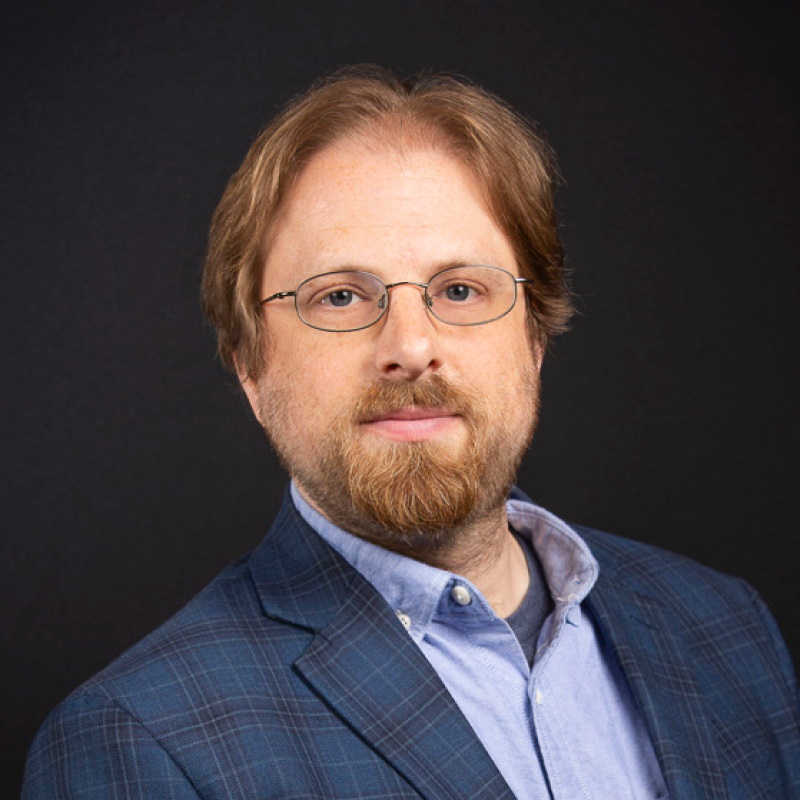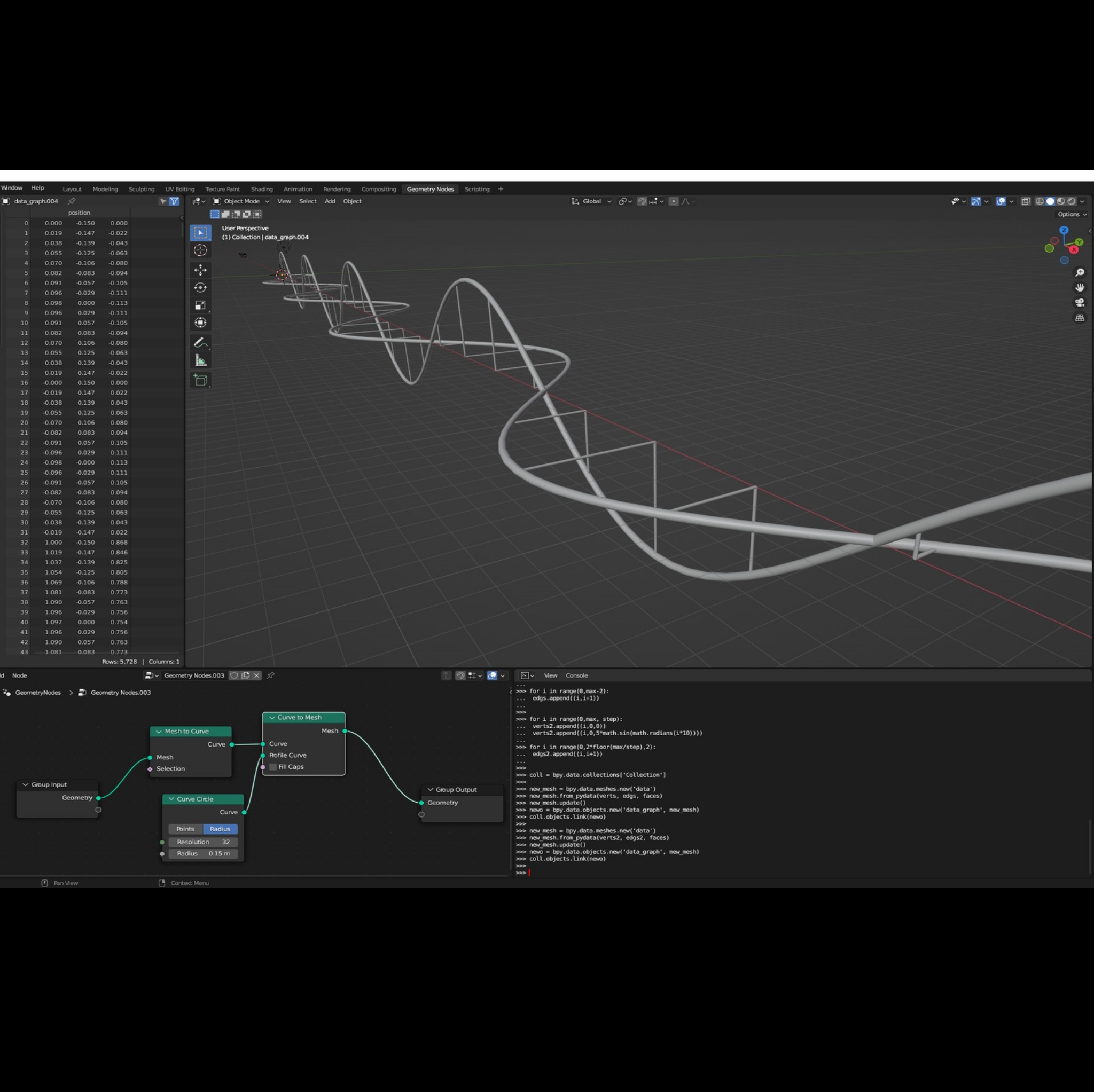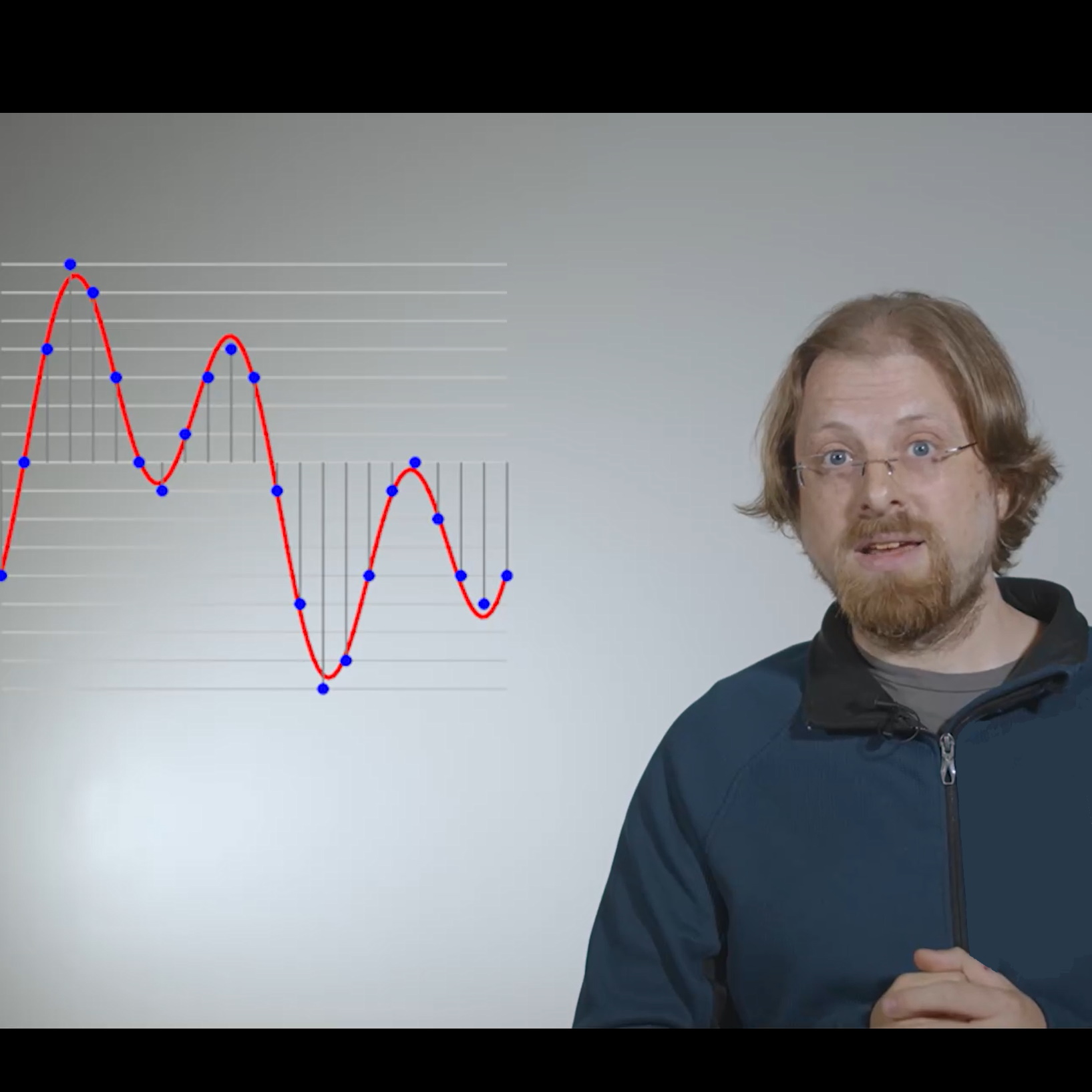







About Gus
My work draws on my background in law, economics, and computer science to study how technology orders economic and social institutions. In summer 2023 I joined the University of Pennsylvania Carey Law School as a Senior Fellow and Academic Director of the Center for Technology, Innovation, and Competition, where I am helping to expand the law & engineering program. I was previously a full professor at the University of Nebraska, where I was the founding director of the Governance & Technology Center.
The most interesting work today is at the intersection of engineering, business, and law. My passion is introducing students to foundational concepts needed to work across these disciplines. I convolve engineering with regulatory law and economics. If that statement makes you giddy, then you are my people.
As an academic I work to break down disciplinary barriers and to create opportunities for those who are similarly interested in refactoring our research institutions to better support the needs of the future.
I have published over 30 articles and book chapters, two books (one on cybersecurity law & policy, one on media regulation in the digital era) and have two more in process, over 100 shorter writings (op-eds, shorter analyses, blog posts, &c), hosted over 100 podcast episodes, and regularly appear or am quoted in popular media (including the NY Times, Wall Street Journal, Washington Post, and Associated Press). This work has been cited by legislators, federal courts of appeals, and federal regulatory agencies. More recently I am working to produce short- and mid-form video content to introduce broader audiences to ideas from law, regulation, and engineering.








My thanks and compliments to the wonderful team at Pixel Bakery who worked on many of these projects. Music by 2TECH-AUDIO.